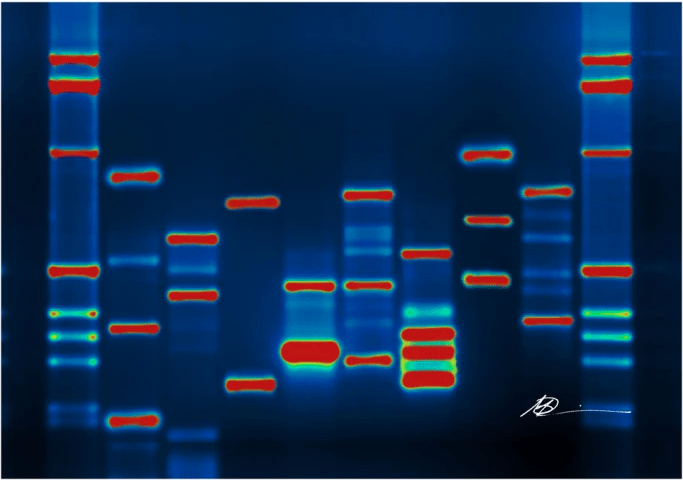This open letter was produced by a group of 67 scientists and researchers. The full list of signatories can be found below.
In his newly published book Who We Are and How We Got Here, geneticist David Reich engages with the complex and often fraught intersections of genetics with our understandings of human differences — most prominently, race.
He admirably challenges misrepresentations about race and genetics made by the likes of former New York Times science writer Nicholas Wade and Nobel Laureate James Watson. As an eminent scientist, Reich clearly has experience with the genetics side of this relationship. But his skillfulness with ancient and contemporary DNA should not be confused with a mastery of the cultural, political, and biological meanings of human groups.
As a group of 67 scholars from disciplines ranging across the natural sciences, medical and population health sciences, social sciences, law, and humanities, we would like to make it clear that Reich’s understanding of “race” — most recently in a Times column warning that “it is simply no longer possible to ignore average genetic differences among ‘races’” — is seriously flawed.
For centuries, race has been used as potent category to determine how differences between human beings should and should not matter. But science and the categories it constructs do not operate in a political vacuum. Population groupings become meaningful to scientists in large part because of their social and political salience — including, importantly, their power to produce and enforce hierarchies of race, sex, and class.
Reich frames his argument by positing a straw man in the form of a purported orthodoxy that claims that “the average genetic differences among people grouped according to today’s racial terms are so trivial when it comes to any meaningful biological traits that those differences can be ignored.” That orthodoxy, he says, “denies the possibility of substantial biological differences among human populations” and is “anxious about any research into genetic differences among populations.”
This misrepresents the many scientists and scholars who have demonstrated the scientific flaws of considering “race” a biological category. Their robust body of scholarship recognizes the existence of geographically based genetic variation in our species, but shows that such variation is not consistent with biological definitions of race. Nor does that variation map precisely onto ever changing socially defined racial groups.
In his newly published book Who We Are and How We Got Here, geneticist David Reich engages with the complex and often fraught intersections of genetics with our understandings of human differences — most prominently, race.
He admirably challenges misrepresentations about race and genetics made by the likes of former New York Times science writer Nicholas Wade and Nobel Laureate James Watson. As an eminent scientist, Reich clearly has experience with the genetics side of this relationship. But his skillfulness with ancient and contemporary DNA should not be confused with a mastery of the cultural, political, and biological meanings of human groups.
As a group of 67 scholars from disciplines ranging across the natural sciences, medical and population health sciences, social sciences, law, and humanities, we would like to make it clear that Reich’s understanding of “race” — most recently in a Times column warning that “it is simply no longer possible to ignore average genetic differences among ‘races’” — is seriously flawed.
For centuries, race has been used as potent category to determine how differences between human beings should and should not matter. But science and the categories it constructs do not operate in a political vacuum. Population groupings become meaningful to scientists in large part because of their social and political salience — including, importantly, their power to produce and enforce hierarchies of race, sex, and class.
Reich frames his argument by positing a straw man in the form of a purported orthodoxy that claims that “the average genetic differences among people grouped according to today’s racial terms are so trivial when it comes to any meaningful biological traits that those differences can be ignored.” That orthodoxy, he says, “denies the possibility of substantial biological differences among human populations” and is “anxious about any research into genetic differences among populations.”
This misrepresents the many scientists and scholars who have demonstrated the scientific flaws of considering “race” a biological category. Their robust body of scholarship recognizes the existence of geographically based genetic variation in our species, but shows that such variation is not consistent with biological definitions of race. Nor does that variation map precisely onto ever changing socially defined racial groups.
[ Read More ]
